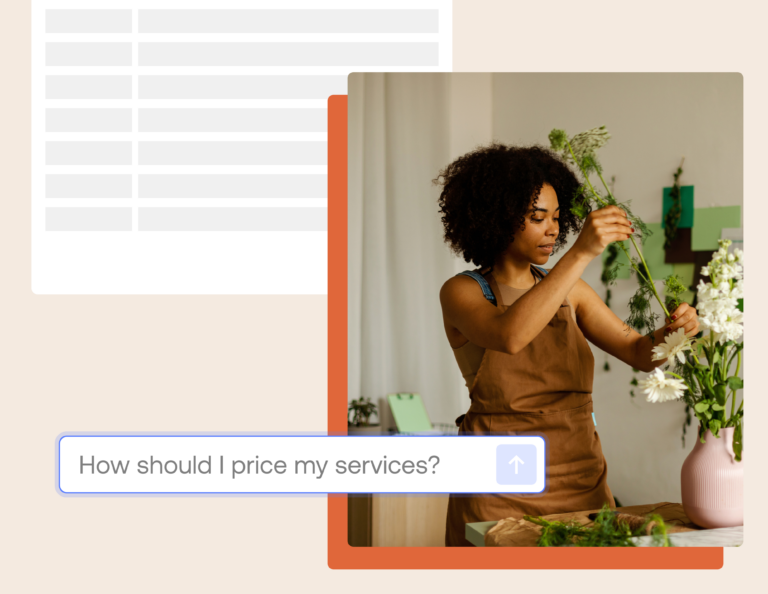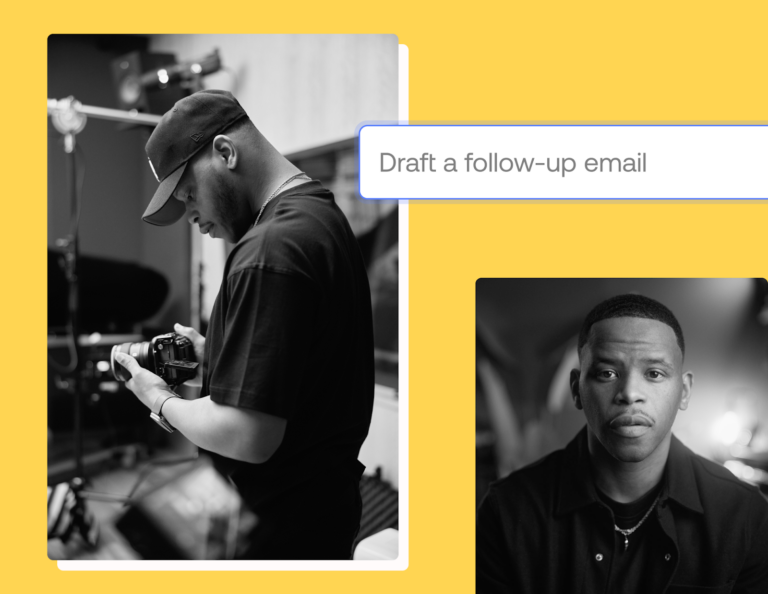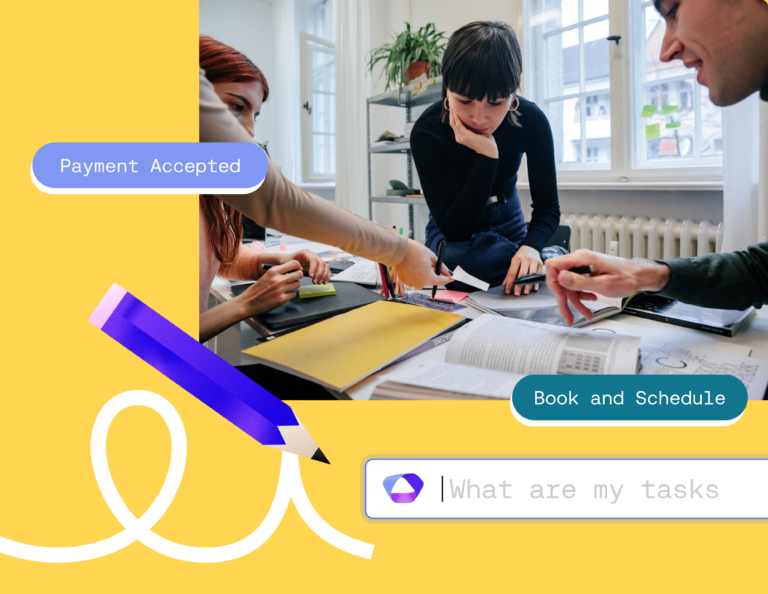Mistakes to Avoid When Pitching Clients
Today, I’m sharing the true story of how I tried to sell to someone who didn’t even want to be coached. In my first year of business, I made one horrible, terrible, no–good pitch that forever changed my approach to “selling” my services. I beat myself up about it for a week, but as soon as I had the chance to speak with another potential client, I quickly realized how much I had learned from that awful attempt.
Because of that initial failure, I now have a process for signing clients that is more enjoyable for both of us! Today, I’m not afraid to move more slowly, ask more questions, and even raise the bar of expectations for both the client and myself.
“Failure is only the opportunity to begin again more intelligently.” ~ Henry Ford

Dare Greatly
I really wanted to coach a leader in my personal circles who I know and respect, so I asked her out for coffee (mistake #1).
We spoke for awhile about our respective businesses (we were each branching out on our own around the same time), as well as our personal lives (our kids attend the same school). I looked for natural ways to ask some insightful questions, since question–asking is my superpower as a coach (mistake #2).
I was obviously not as subtle as I thought, because she finally looked me in the eye and said, “So, you want to coach me, right?” I should have stopped myself right there (mistake #3), but instead, I took that as an invitation to make my pitch to her.
I had a bold proposal: “Let me coach you for one year without any upfront payment. At the end of the year, if we hit your goals, you can pay me what it was worth.” I went on to explain why this arrangement would work for us both, how deep coaching requires vulnerability and courage from us both, and probably said a whole host of other things about “us both” that I have now blocked from my mind (all part of mistake #4).
She received it all gracefully, asked to think about it, and then very kindly turned me down over email a week later. Truthfully, I wasn’t surprised, and she was completely right to do so. I felt good about that proposal, and I’d make it again, but ONLY if we had gone through the process I now use for bringing on a client. {And, for the record, we’re still friends, so she apparently is quite forgiving.}
Fail Greatly
Though I wasn’t following a script when I met with this leader, I also wasn’t being authentic in my approach to our conversation. In the days following our meeting, I quickly identified 4 major mistakes that I had made.
- MISTAKE #1: I DIDN‘T CLARIFY IN ADVANCE THAT I WANTED TO TALK TO HER ABOUT COACHING. No one wants to hear about a product or service that they aren’t interested in! And no productive conversation can happen without clarification, at the beginning, about intent.
- MISTAKE #2: I TRIED TO IMPRESS HER. My first rule of coaching is that I have to let go of my ego. If I’m worried about how the other person perceives me, then I’m focusing on ME instead of on her. How can I serve someone that I’m not paying attention to?
- MISTAKE #3: I MOVED TOO QUICKLY. This leader had never experienced coaching with me. Yet, I invited her into a YEARLONG coaching relationship. It’d be like going out on a blind date and being slapped with a proposal!
- MISTAKE #4: I DID MOST OF THE TALKING. When I’m actually coaching someone, I spend 80% of my time listening deeply. I shut up so that I can hear what the other person isn’t saying. I get out of the way so that they can arrive at the right conclusions for themselves. As a coach, I never convince my clients of what to think; so why did I try to persuade my friend how awesome it would be to work with me?
Stop Selling, Start Serving
I don’t know how other coaches sell themselves, but I knew immediately that what I tried here was NOT the way I wanted to do it. Of course, one year in, I’m still learning and adjusting, but since that colossal failure, I’ve created a process that is more focused on serving the person in front of me.
- I invite ambitious + compassionate leaders to have a coaching conversation with me – an actual experience of being coached, at no charge.
- I clarify, up front, what they are hoping to get out of our time. I ask, “what would make this a life–changing conversation for you?”
- I set aside the need to impress. Instead, I show up to serve through deep listening, powerful question–asking, and insightful truth–speaking.
- At the end of our call, I ask them how they feel, what they want, and how I can continue to support them, if at all.
- Sometimes, the leader will ask to have a follow–up conversation with me within the month, and we’ll schedule that (again, for no fee).
- Sometimes, both of us realize that this is not a good fit for ongoing work together. We can have a powerful conversation that uncovers a deep issue that needs to be resolved through professional counseling, or a conversation with someone else in your life. Sometimes, once a leader experiences coaching, she realizes that she’s not ready to dive that deep over a long period of time.Sometimes, the chemistry just isn’t there for one or both of us. All of these responses are normal and ok. That’s why we had the conversation, and I have to be courageous enough to let those go — something that’s hard to do if I’m just trying to make a sale.
- Sometimes, though, we are both curious about moving forward together. When this happens, it is driven by the leader. SHE asks me how we can work together.{I love that question!}
- But even then, I slow down. In fact, I’ll even challenge the leader a bit. I’ll ask a lot of questions about WHY she wants to work with me, WHAT she hopes to accomplish, WHY it’s so important to her, WHAT she’s willing to do. These questions usually bring up a whole host of other problems that the leader will want to think about, so I encourage her to get off the phone with me and do that serious thinking.
- We schedule a follow–up call to check in on those answers, and, if she’s still interested in coaching, then that’s when we actually talk business details and make the deal.
Slow and Steady
Today, I spend a minimum of 3–4 hours, over a period of weeks, having conversations with potential clients before we ever sign a contract. I never have to sell myself or make a case for coaching because we both know what we’re getting into, and we’re both EXCITED to do it.
Thank you, J______, for being my first failed sales pitch! You gave me the chance to begin again, a little wiser.



